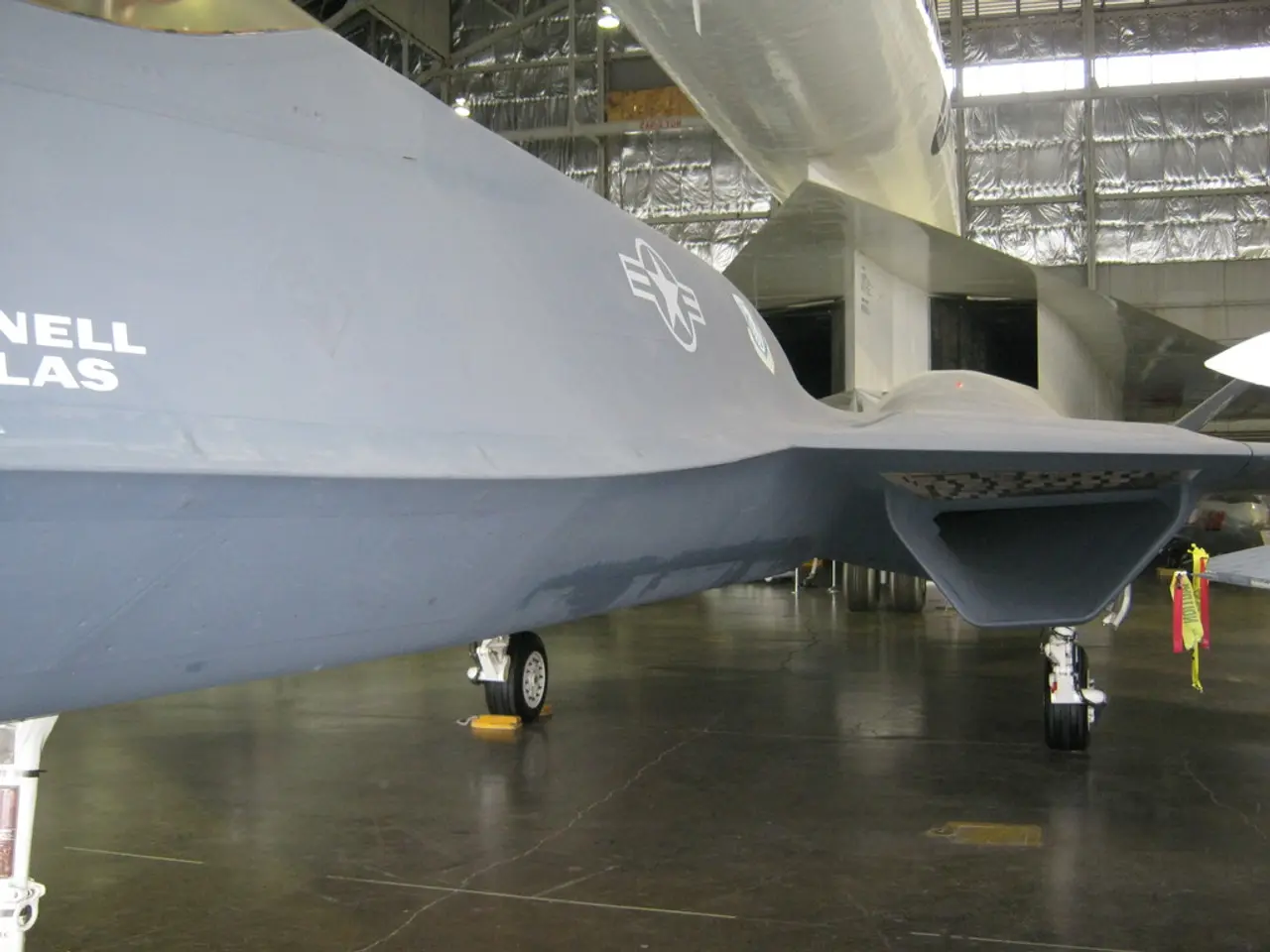American authorities have mandated the termination of collaboration between Delta Air Lines and Aeromexico due to perceived inequities within the industry in Mexico.
Mexico City, Mexico - The Mexican government's decision to transfer cargo operations from its main airport, Benito Juarez International Airport, to the new Felipe Angeles International Airport has sparked a trade dispute between Mexico and the United States.
In a technical decision announced by Mexican President Claudia Sheinbaum, the government justified the transfer of cargo flights primarily based on technical criteria and safety aspects. These include reducing congestion, enhancing operational efficiency, and improving security conditions at the new airport. Felipe Angeles offers modern infrastructure designed to handle cargo traffic more safely and efficiently.
The move has affected several airlines, with Delta and Aeromexico operating over 30,000 flights between the U.S. and Mexico last year, according to aviation data provider Cirium. The loss of direct flights due to the change is predicted to prevent over 140,000 American tourists and nearly 90,000 Mexican tourists from visiting the other country, potentially hurting the economies of both countries with the loss of their spending.
In response, U.S. Transportation Secretary Sean Duffy has revoked the antitrust immunity of Delta and Aeromexico's partnership. This decision means that the airlines can no longer price and schedule their flights jointly and share revenue. Duffy's action is due to his concerns that Mexico is not being fair to U.S. airlines.
The dispute is related to Mexico placing limits on passenger and cargo flights into Mexico City several years ago. Some U.S. companies complained when the change happened, but Sheinbaum said they adapted to the new situation.
Duffy stated, "Empty promises mean nothing. After years of taking advantage of the U.S. and our carriers, we need to see definitive action by Mexico that levels the playing field and restores fairness." The decision by Duffy is expected to cause significant harm to U.S. jobs, communities, and consumers traveling between the U.S. and Mexico.
Delta and Aeromexico are disappointed with Duffy's decision but have not yet decided whether to challenge it. Aeromexico argues that the alliance has brought benefits to connectivity, tourism, and consumers in Mexico.
Competing airlines Viva and Volaris expanded their operations at Benito Juarez airport after Interjet went out of business during the pandemic. The two airlines will continue to cooperate but won't be able to work together as closely due to the revocation of antitrust immunity.
More than 40 million passengers flew to Mexico from the U.S. last year, making it the top foreign destination for Americans. The dispute between the two countries could potentially impact these travel numbers in the future.
Duffy's order is set to take effect in January, and there won't be any changes to flights or loyalty programs at the airlines until then. The Mexican government maintains that the transfer of cargo operations was a technical decision, and any new changes should be based on technical criteria and prioritizing safety.
Read also:
- United States tariffs pose a threat to India, necessitating the recruitment of adept negotiators or strategists, similar to those who had influenced Trump's decisions.
- Weekly happenings in the German Federal Parliament (Bundestag)
- Southwest region's most popular posts, accompanied by an inquiry:
- Discussion between Putin and Trump in Alaska could potentially overshadow Ukraine's concerns








